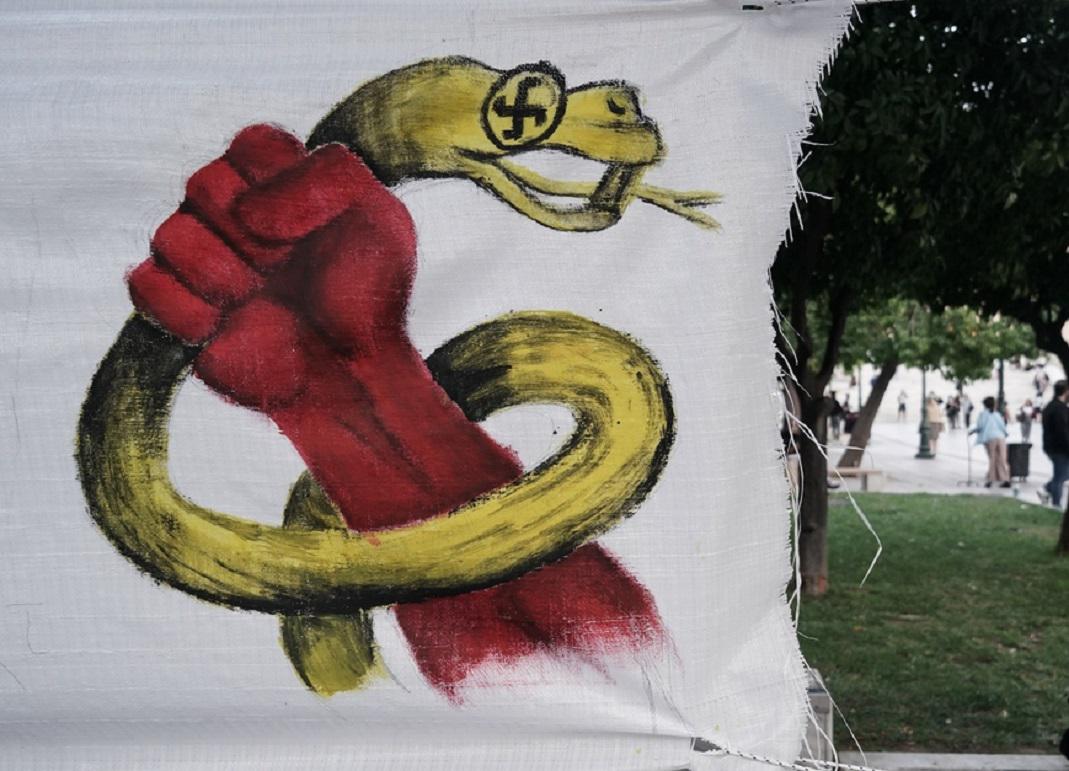
It was an expected outcome for many, but that does not make it any less shocking.
In the Dutch elections, a racist, xenophobic party, Geert Wilders’ Party, won first place and the largest number of seats and claims, if the other parties agreed to form a coalition government, and the prime ministership as well.
A party that essentially wants to ban Islam in Europe, close borders to immigrants, and deport those who can, while at the same time wanting to consider the possibility of separating from the European Union.
A party that tried to marginalize itself, but things went in the opposite direction.
But if we look only at Wilders’ party, we risk missing the “big picture.” It shows, for example, that his views on immigration have long been imitated by other parties, which also call for a “hard line” on immigration. It is not a coincidence that other parties, before the elections, included Wilders among the interlocutors to form the government.
Of course, this is not limited to the Netherlands only. In Italy, Georgia Meloni is already in power, as is Viktor Orbán in Hungary, in France, Marine Le Pen and the National Alarm are already preparing for the upcoming presidential and parliamentary elections, and in Germany they are concerned about the extent to which the far right will come to power. Alternative to Germany. In Sweden, the far right was the second force in last year’s elections, and its support was decisive for the formation of the current Swedish government.
Even in our country, it is good not to forget that the three forms of the extreme right amount to just under 13%.
All of these are indicators of a deeper crisis in the European political scene. The combination of the legitimacy crisis caused by neoliberal policies that have been implemented for years and the absence of convincing left-wing progressive solutions leads a portion of the protest vote to go to the far right as well.
Especially when the far right is Trump-like in terms of political rhetoric and adopting a supposed “anti-system” stance.
To make matters worse, most center-right and center-left parties in Europe have already adopted part or even all of the far-right agenda, especially on issues such as immigration, a feature of official European policy now. The line is basically the abolition of asylum, closed borders and fences.
All of this means that the question is not whether the far right will stay out of government through various methods, but rather whether its strategy will cease to dominate in practice.
The center-right and liberal parties lost this bet, as did most classical social democratic parties.
Perhaps only the modern left, with real social and populist underpinnings, can reverse this trend (and recover those parts of the popular classes that turn to the far right).
But this means first dealing with its strategic crisis.

“Hipster-friendly coffee fanatic. Subtly charming bacon advocate. Friend of animals everywhere.”





More Stories
F-16 crashes in Ukraine – pilot dies due to his own error
Namibia plans to kill more than 700 wild animals to feed starving population
Endurance test for EU-Turkey relations and Ankara with Greece and Cyprus